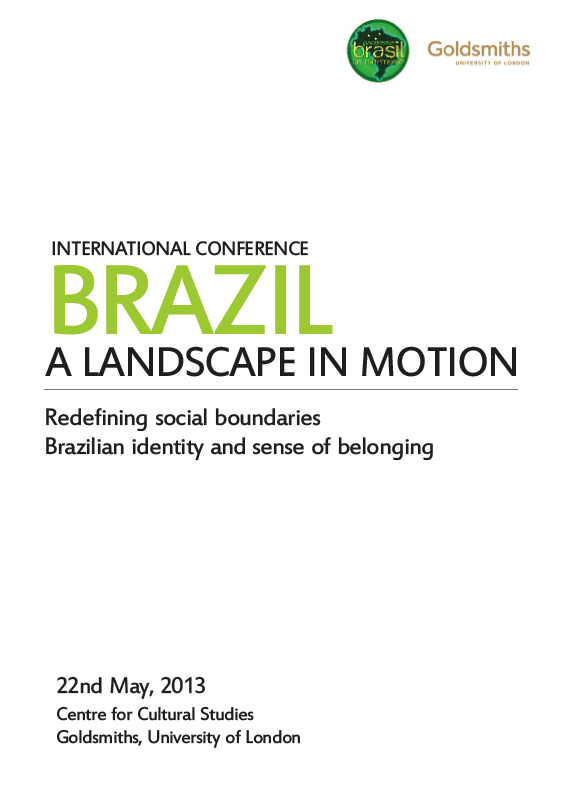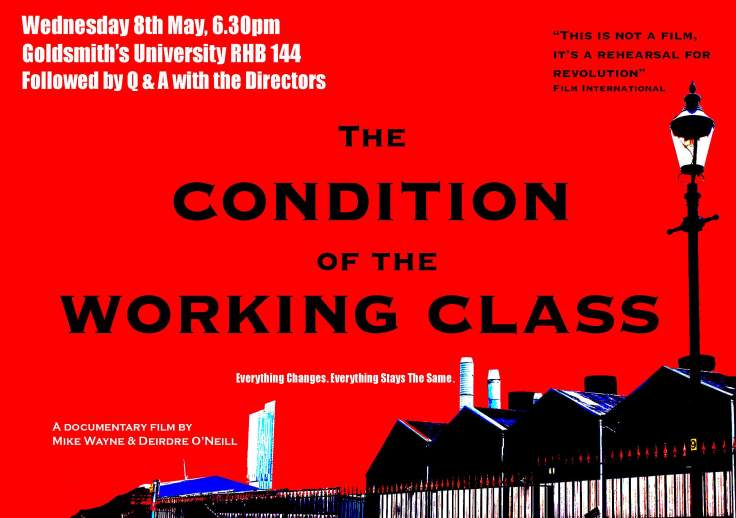#Marx #Capital #lecture #course at #Goldsmiths #GoldsmithsUni ✪
✪✪✪✪✪✪✪✪✪✪✪✪✪✪✪✪✪✪✪✪
Public Lecture course on Marx’s “Capital” at Goldsmiths: everybody is welcome
Capitalism and Cultural Studies – Prof John Hutnyk:
tuesday evenings from january 14, 2014 – 5pm-8pm Goldsmiths Room RHB 309. Free – all welcome.
No fee (unless, sorry, you are doing this for award) – and that, friends, is Willetts’ fault – though the Labour Party have a share of the blame too.
✪
This course involves a close reading of Karl Marx’s Capital (Volume One).
90 minute lectures, 60 minutes discussion.
The connections between cultural studies and critiques of capitalism are considered in an interdisciplinary context (cinema studies, anthropology, musicology, international relations, and philosophy) which reaches from Marx through to Film Studies, from ethnographic approaches to Heidegger, from anarchism and surrealism to German critical theory and poststructuralism/post-colonialism/post-early-for-christmas. Topics covered include: alienation, commodification, production, technology, education, subsumption, anti-imperialism, anti-war movement and complicity. Using a series of illustrative films (documentary and fiction) and key theoretical texts (read alongside the text of Capital), we examine contemporary capitalism as it shifts, changes, lurches through its very late 20th and early 21st century manifestations – we will look at how cultural studies copes with (or does not cope with) class struggle, anti-colonialism, new subjectivities, cultural politics, media, virtual and corporate worlds.
The lectures/seminars begin on Tuesday 14th January 2014 between 5 and 8pm and will run for 11 weeks (with a week off in the middle) in the Richard Hoggart Building (Room 309), Goldsmiths College. You are required to bring their own copy of the Penguin, International Publishers/Progress Press or German editions of Karl Marx Capital Vol I. We are reading about 100 pages a week. (Please don’t get tricked into buying the abridged English edition/nonsense!)
✪✪✪✪✪✪✪✪✪✪✪✪✪✪✪✪✪✪✪✪

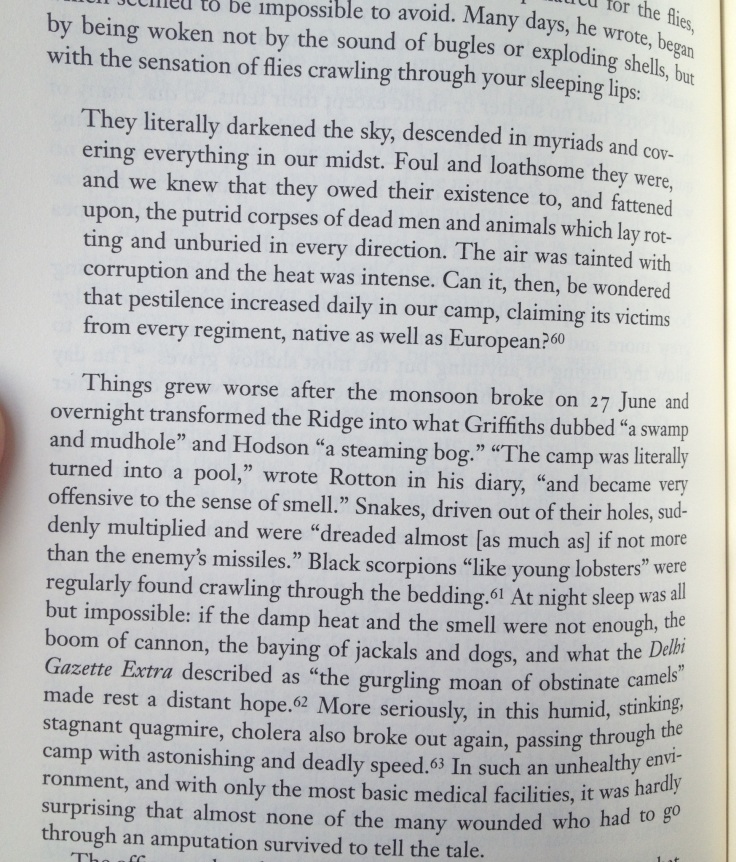
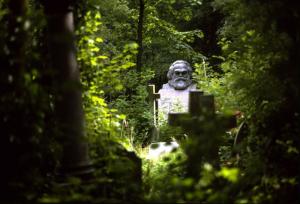
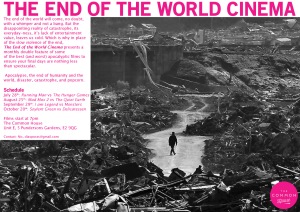


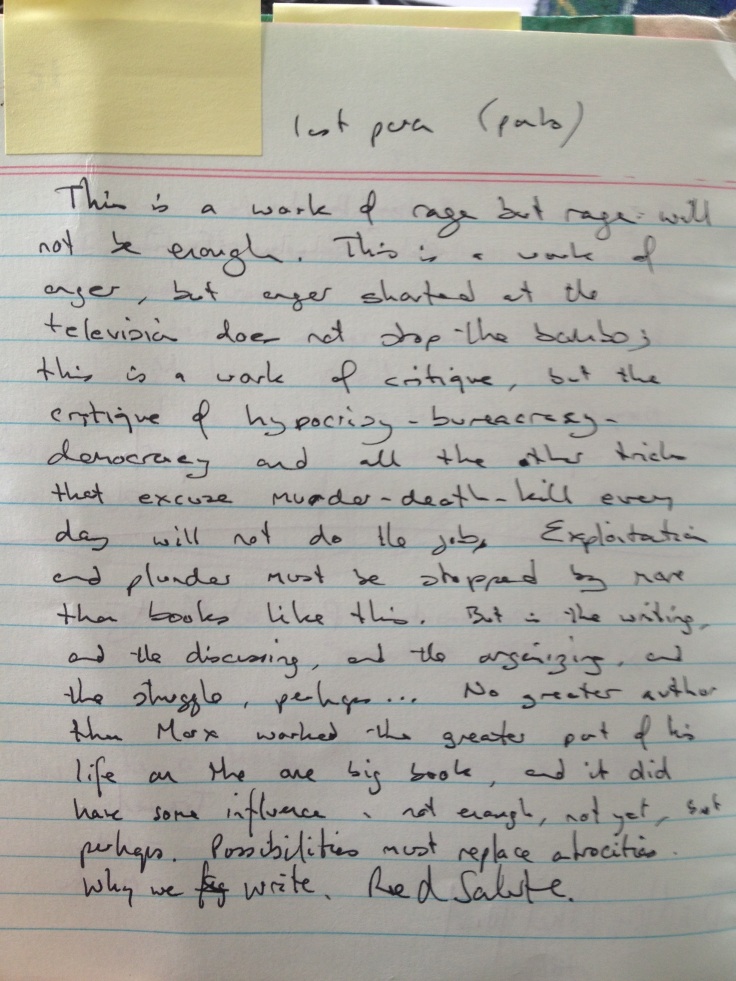


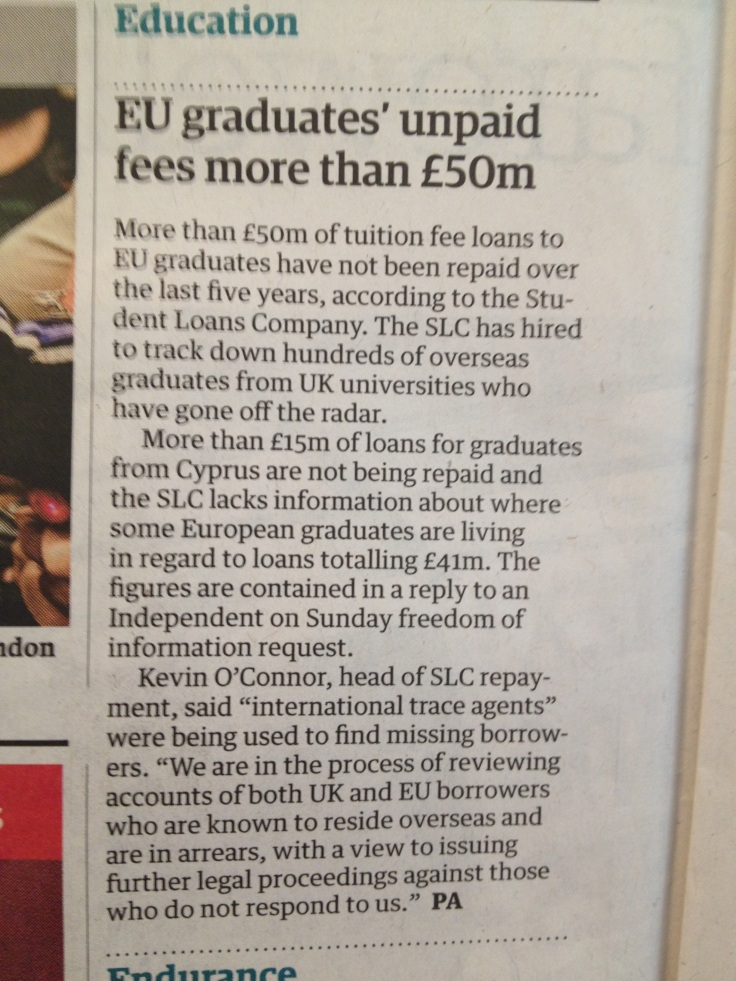

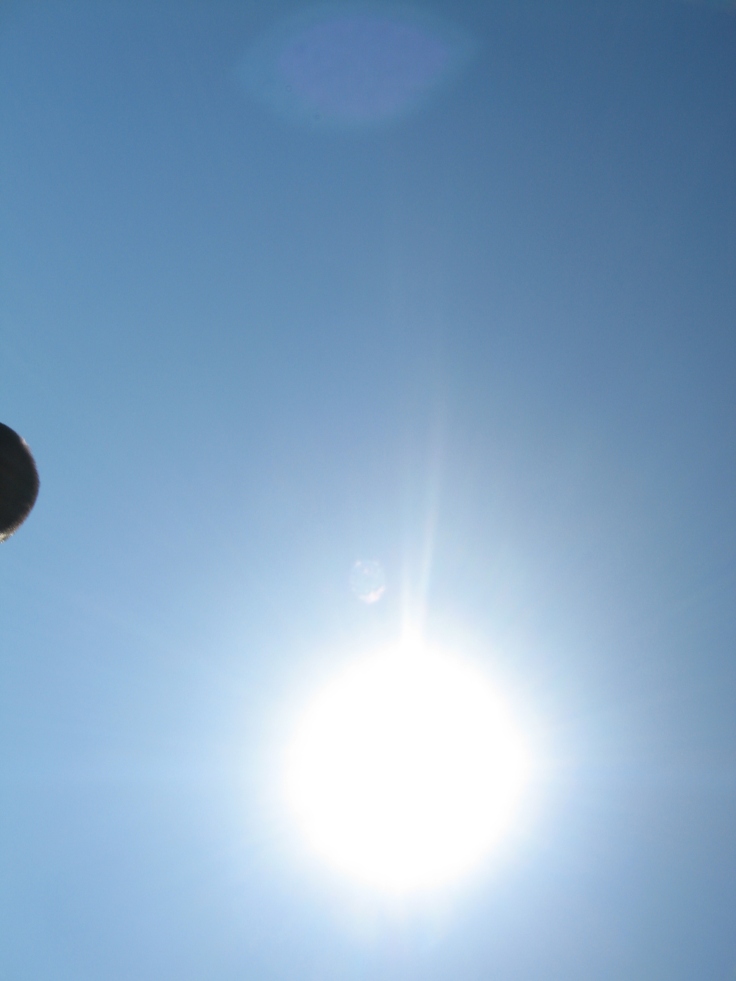

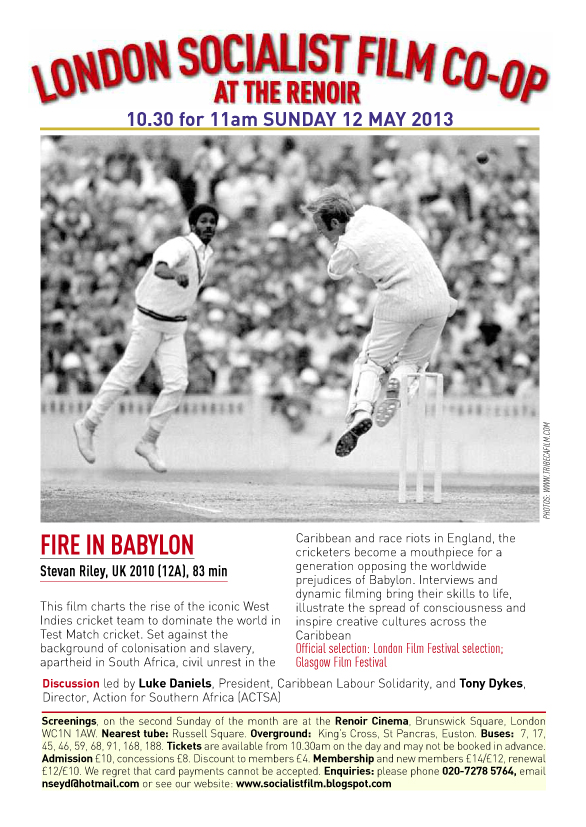

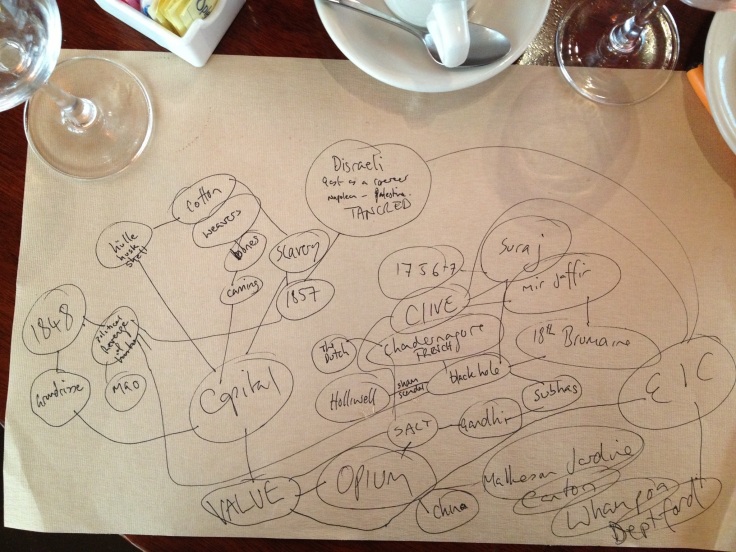



![Regionalizing[1]](https://hutnyk.wordpress.com/wp-content/uploads/2013/04/regionalizing1.jpg?w=736)

